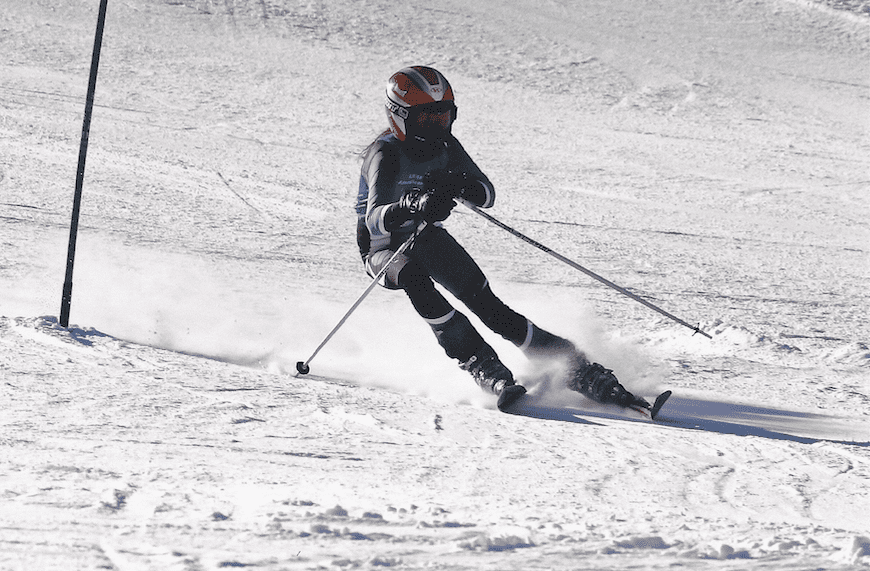This edition of Weekly Mind Reader starts with a review of ADHD and child development, a case report of a man with musical hallucinations, and the story of an Olympian who struggled with an eating disorder.
ADHD Kids Face Unique Challenges During Brain Development
Children with attention-deficit/hyperactivity disorder (ADHD) – who wage an endless war on divided attention, hyperactivity, and impulse control – also face a covert battle against developmental challenges.
In a narrative review, appearing this week in Primary Care Companion for CNS Disorders, the authors attempt to make sense of this incredibly heterogeneous disorder, which presents in a variety of clinical profiles, travels along disparate trajectories, and shadows multiple comorbidities.
Adolescence – a phase of life already rife with intense, cognitive, emotional, and physical changes – presents greater challenges for kids with ADHD. And the move from child to adult mental health services can be difficult, exacerbated by ADHD’s symptoms and the functional impairments that might come with it. These challenges can act as a drag on care. To counter that, the authors advise bespoke management strategies for adolescents and young adults (AYAs) with ADHD.
As we all know, brain development in adolescence paves the way for the rest of one’s life. And the prefrontal cortex, with its command of executive functions, matures last. This can often translate into disparities with earlier-maturing brain regions, such as the limbic system, which can drive risk-taking behaviors.
Consequently, ADHD adolescents tend to take unnecessary risks that can include substance use, impulsive behaviors, and psychiatric comorbidities, complicating diagnosis and treatment. Puberty introduces additional challenges with its hormonal changes, which can make everything worse.
Effective management of ADHD in kids must leverage a multimodal approach, the authors argue, that integrates pharmacotherapy with psychosocial interventions. Adolescents with ADHD must adapt to take ownership of their condition, with support from parents and healthcare providers to ensure successful transitions into adulthood. This is particularly critical when it comes to medication adherence.
IN OTHER PSYCHIATRY AND NEUROLOGY NEWS
- Original research published in the Journal of Clinical Psychiatry suggests that the absence of substance use disorders is the strongest predictor of achieving recovery from borderline personality disorder.
- A PCC case report discusses a 59-year-old man with no prior psychiatric history who developed musical hallucinations after the administration of methylprednisolone.
- Additional JCP research confirms the reliability of CAPS-5 for subsequent PTSD development in the general injured population.
- Another PCC case study shares the unique story of a 17-year-old boy who presented with sexsomnia and Dhat syndrome.
- Finally, as the Olympics wind down, we feature the exclusive story of skier Alice Merryweather’s post-2018 Winter Games eating disorder and how it illustrates the often-hidden nature of these disorders in female athletes.



